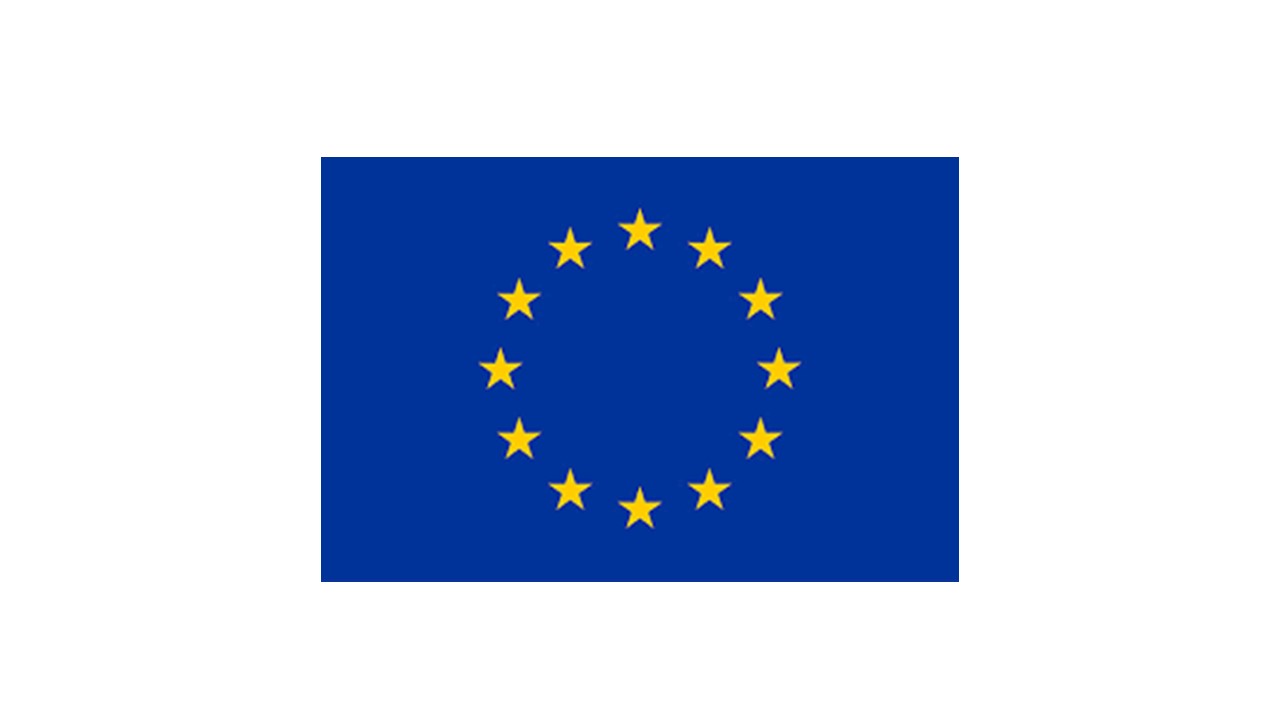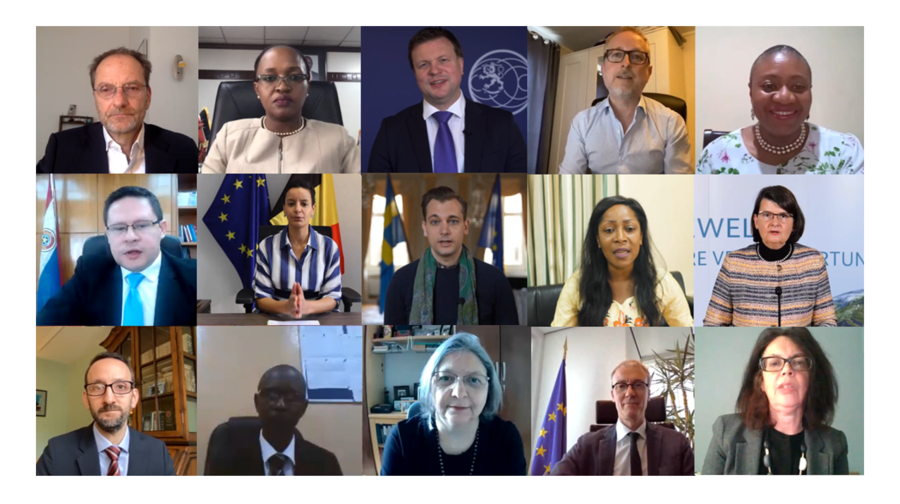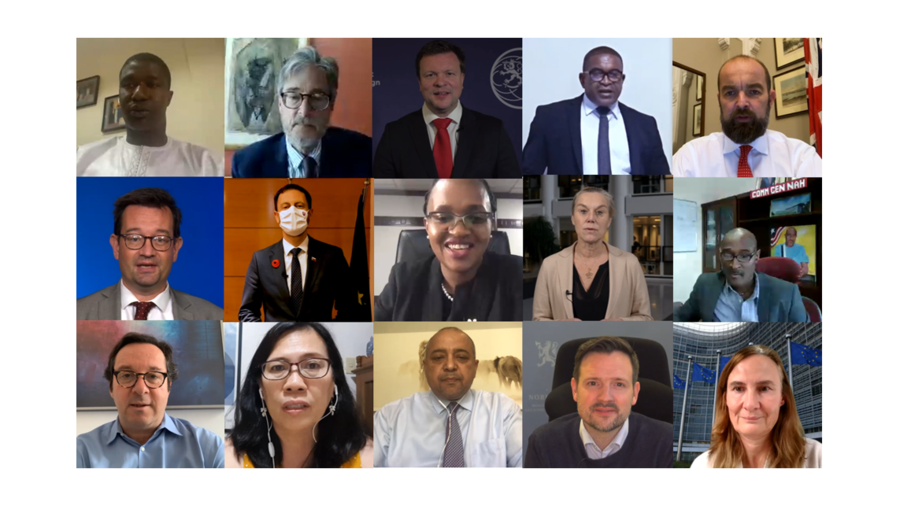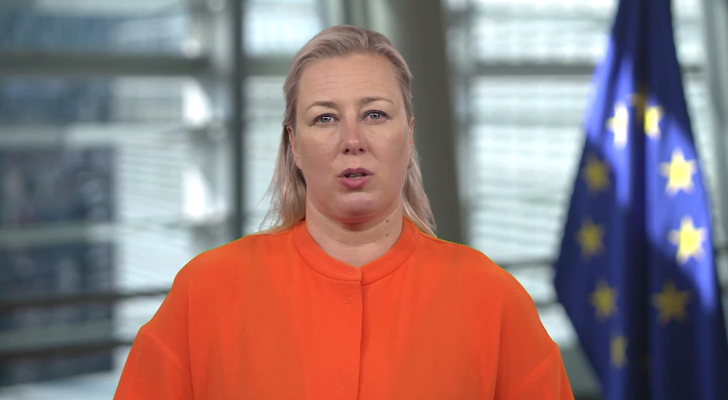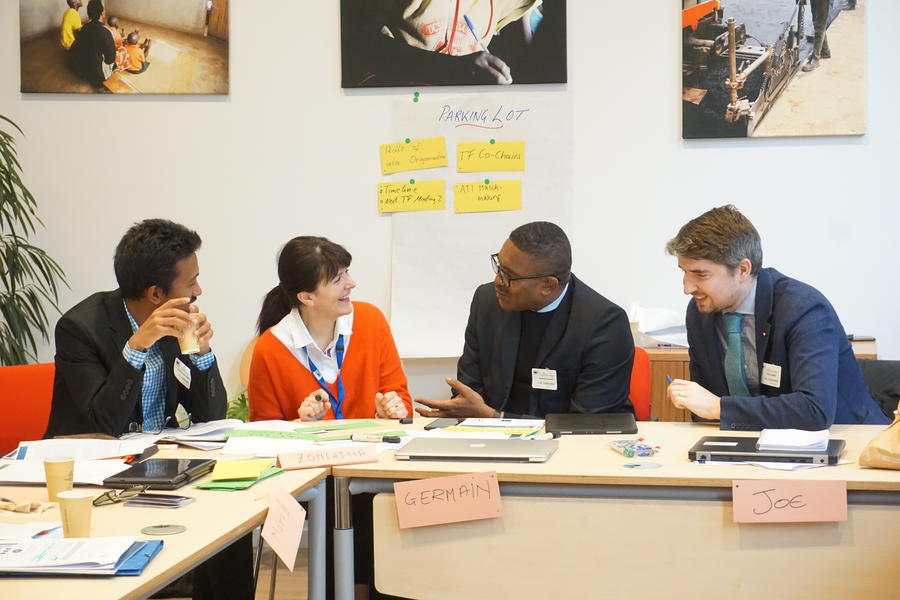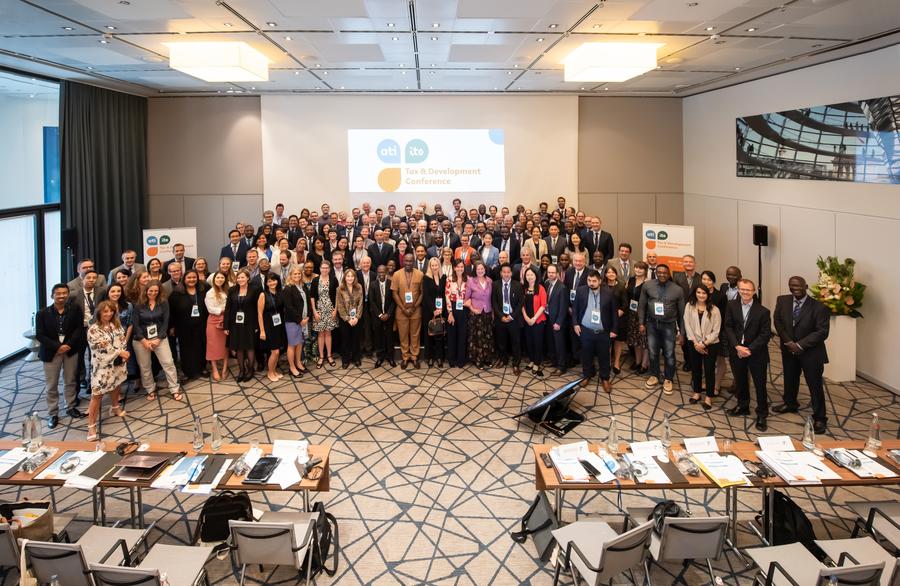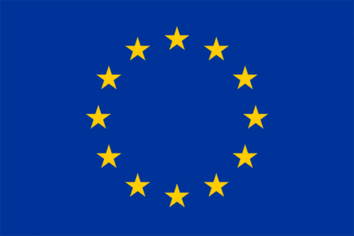
Doubling support to DRM in partner countries
The European institutions support global, national and regional initiatives regarding domestic revenue mobilisation. They provide assistance to improve tax governance standards in the context of the screening and listing process of tax jurisdictions of the European institutions. At the policy level, the newly adopted European Consensus on Development identifies domestic revenue mobilisation as an essential driver for sustainable growth and development in line with the Addis Ababa Action Agenda (AAAA).
Domestic revenue mobilisation is one of the areas that should be further strengthened in the context of EU budget support to partner countries. Two out of four eligibility criteria for budget support are linked to domestic revenue mobilisation. Depending on the type of budget support provided, budget support performance indicators can specifically refer to domestic revenue mobilisation.
Additionally, the European institutions provide accompanying measures (e.g. technical assistance) of budget support programmes to address domestic revenue mobilisation. The European institutions further support key international organisations working on DRM-related projects in partner countries, such as the IMF, the OECD and the United Nations. A contribution to the country-level activities under the World Bank Global Tax Programme is under preparation.
At the country level, budget support programmes, dedicated projects or diagnostics are implemented in line with the priorities of partner countries. Furthermore, the European institutions actively promote good governance within the realm of international tax , fighting tax evasion, tax avoidance and illicit financial flows (IFF). Domestic revenue mobilisation is increasingly addressed in the policy and political dialogue, through capacity building and DRM-targeted indicators that are linked to the conditions for funds’ disbursement (under budget support programmes). In terms of financial support, the commitments of the European Institutions rose by 163% from 2015 to 2017, while the disbursements increased by 43% under the same period.
In addition to the magnitude of financial contributions to supporting domestic revenue mobilisation, the qualitative support through policy and political dialogue has an essential role in delivering on this priority. The positive evolution of the number of indicators addressing domestic revenue mobilisation under budget support programmes, which increased from 8 in 2015 to 23 indicators in 2017, illustrates this.
Besides its direct support, the European institutions are actively involved in fighting money laundering and terrorist financing as well as in fighting tax evasion and avoidance. Hereby, they cooperate closely with international actors. In this area, the European institutions provide technical support to the countries committed to removing their deficiencies. These efforts also contribute to improving domestic revenue mobilisation in partner countries, although the associated figures are difficult to capture.
Policy coherence for development and outlook
Policy coherence for development is part of the overall contribution of the European institutions to the achievement of the Sustainable Development Goals (SDGs), requiring a multi-directional coherence to pursue different goals simultaneously and globally.
The Policy Coherence for Development Informal Expert Group and the Platform for Tax Good Governance coordinate DRM-related efforts of the EU member states. For the coordination among the different Directorate Generals (DG) of the European Commission, the inter-service steering group on the SDGs was established.
The European institutions are committed to meet the target set for 2020. They have taken actions at different levels to enhance the focus on domestic revenue mobilisation in the context of the dialogue and funding on aid for development.
The European Institutions are monitoring the evolution of DRM support to partner countries and international organisations with a forward-looking approach. It uses forecasts of DRM components under the financial support for future programmes. Through policy and political dialogue, it also engages with partner countries on delivering on ATI Commitment 2.
